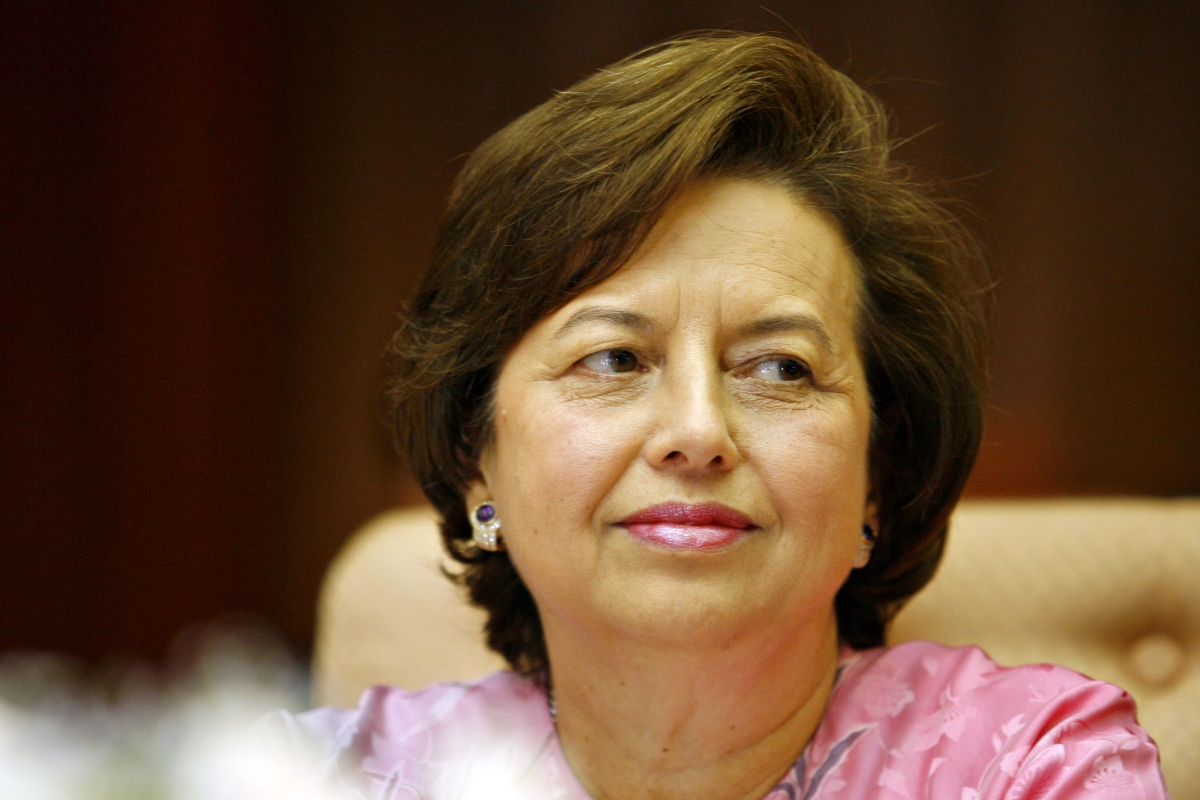Malaysia’s 92-year-old Prime Minister Mahathir Mohamad is moving quickly to meet his 100-day campaign pledges that helped sweep him into office.
To help him do that, he appointed a team of five advisers who are well-known in official and business circles in Malaysia, with most of them having worked with the prime minister during his more than two decades in office previously.
This “council of eminent persons” has become the face of Mahathir’s economic program, meeting with investors and credit rating firms in the week after the surprise election outcome to help placate their concerns about policy direction in the Southeast Asian nation.
The group will work alongside Mahathir’s pick for finance minister, Lim Guan Eng, who was sworn into office on Monday along with Azmin Ali, who will run a newly created economic affairs portfolio.
Mahathir’s advisory team comprises a former finance minister, an ex-central bank governor, a billionaire businessman, a prominent economist and a former chief executive of a state oil company. Top of the list of their priorities is reintroducing a sales tax after effectively scrapping a 6 percent consumption levy, reinstating fuel subsidies, reviewing large-scale government projects and raising minimum wages.
Here’s a look at the people in the team:
Daim Zainuddin
Daim Zainuddin, 80, is a long-time confidante of Mahathir, and whom the prime minister has trusted to help steer the economy in times of crises. A UK-trained lawyer, Daim spent much of his early career in real estate and banking.
He was finance minister first in 1984 to 1991, and then had a second stint from 1999 to 2001 in the aftermath of the Asian financial crisis. During that time, Daim helped pull Malaysia out of two of its worst recessions by pouring money into roads, schools and other projects, and pushing banks to lower interest rates. He is a key ally of Mahathir’s, hailing from the same village as the prime minister, in the northern state of Kedah.
Zeti Akhtar Aziz
Zeti Akhtar Aziz, 70, was the first and only woman to become central bank governor - a position she held for 16 years before stepping down in April 2016. A no-nonsense central banker with a doctorate in economics from the University of Pennsylvania, Zeti is credited by investors with strengthening the credibility and independence of Bank Negara Malaysia.
She was responsible for carrying out some of Malaysia’s toughest economic policies in the aftermath of the Asian financial crisis two decades ago. It was Zeti who had to announce to the world in 1998 that Malaysia was implementing capital controls, a policy that was championed by Mahathir but derided by the International Monetary Fund and investors. And it was Zeti who 10 years later resisted calls to raise borrowing costs just before the global economic slump.
Hassan Marican
Hassan Marican, 65, was chief executive officer of national oil company Petroliam Nasional Bhd. from 1995 until his retirement in 2010. Under his leadership, Petronas grew from a small oil company to being the only Malaysian firm on the Fortune 500 list with ventures overseas to compete with global oil majors.
Armed with three decades of experience in the energy industry, his expertise was tapped by the Singapore government, with board appointments at SembCorp Marine Ltd. and as a senior international adviser at Temasek International Advisors.
Jomo Kwame Sundaram
Jomo Kwame Sundaram, 65, is a prominent Malaysian economist who had served as United Nations assistant secretary-general for economic development. A graduate of Yale and Harvard universities, he has written extensively on the Malaysian political economy with books including “M Way: Mahathir’s Economic Policy Legacy.”
A critic of ex-premier Najib Razak’s controversial East Coast Rail Link project, Jomo has repeatedly said the train line doesn’t make economic sense and has the potential to be the next 1MDB, the state investment fund embroiled in a corruption scandal. He has also raised concerns about Chinese investments, saying the superpower shouldn’t be treated as a “blank cheque.”
Robert Kuok
Robert Kuok, 94, is known as the “Sugar King” in Malaysia for accumulating his early wealth from trading and distributing the commodity when the country was newly independent from the British. The tycoon subsequently expanded his business empire to Singapore and Hong Kong, with investments spanning from the world’s largest palm oil trader to the tallest building in Beijing.
Kuok has over the decades built deep relationships with the government in China and could help navigate any renegotiation between the two countries on about US$34 billion worth of Chinese-backed projects that include a gas pipeline and the US$17 billion (at least) East Coast Rail Link. – Bloomberg
